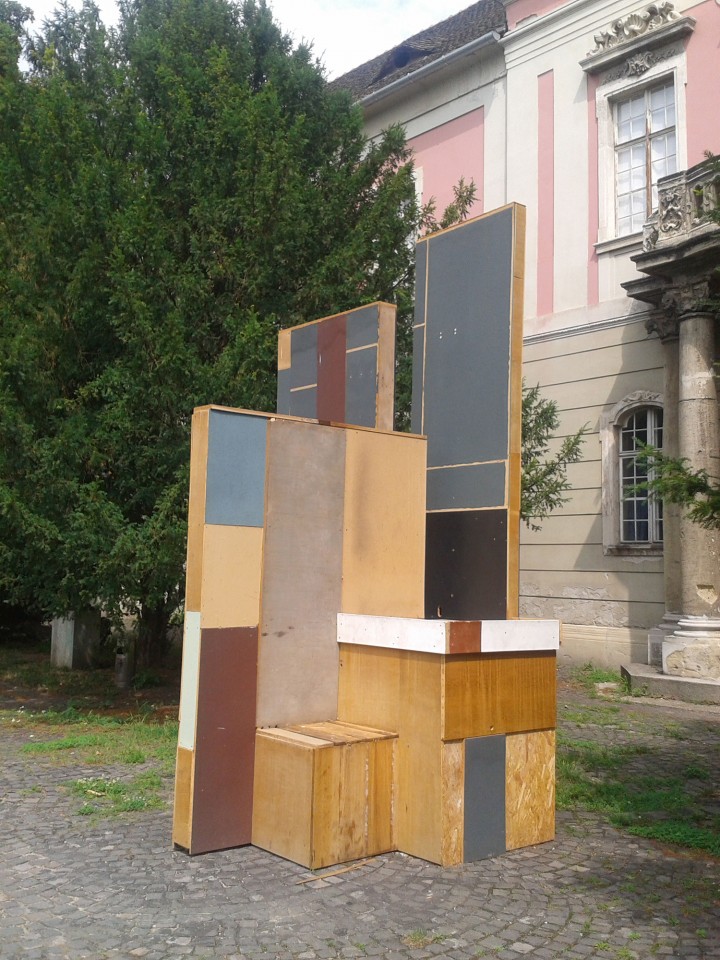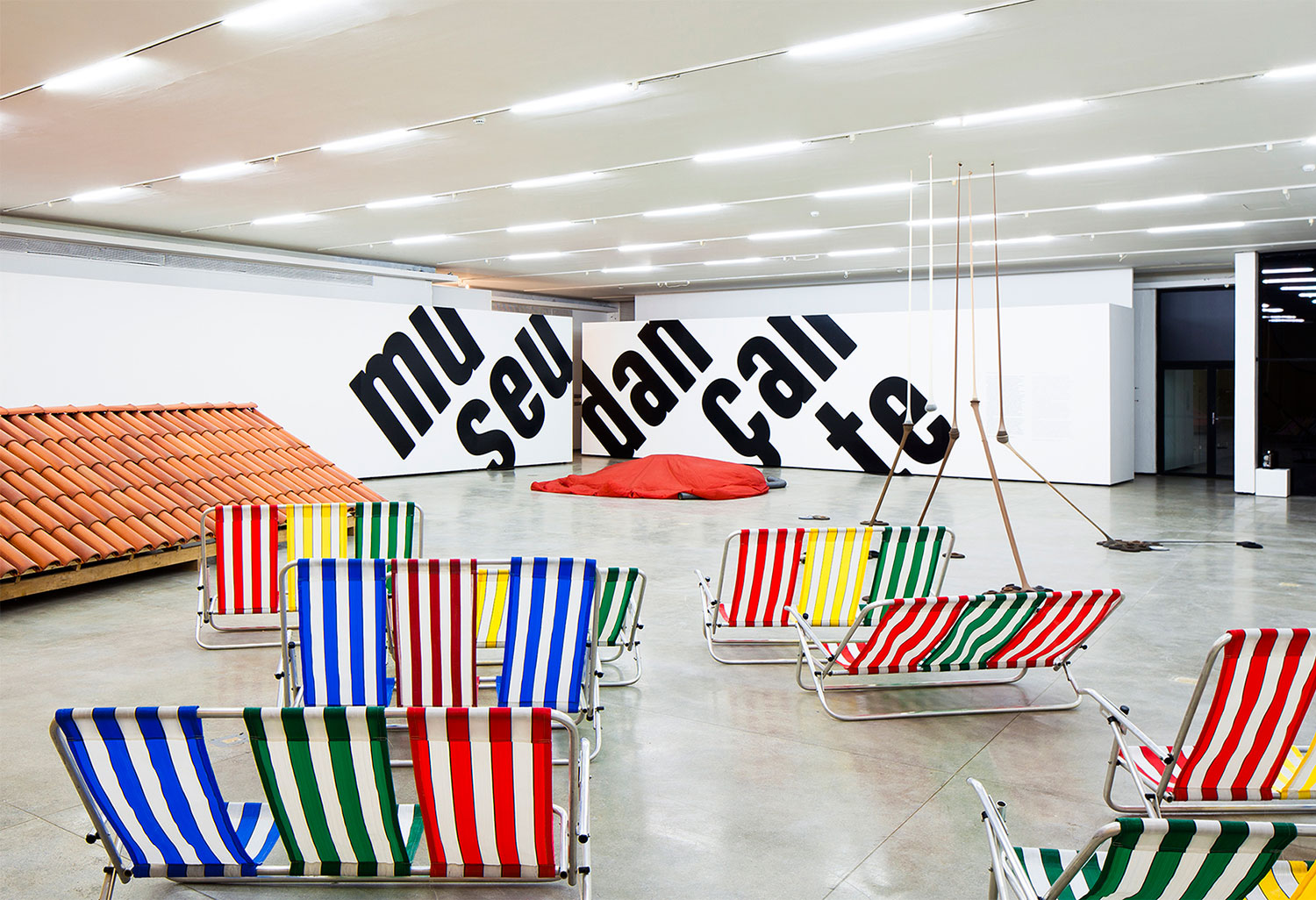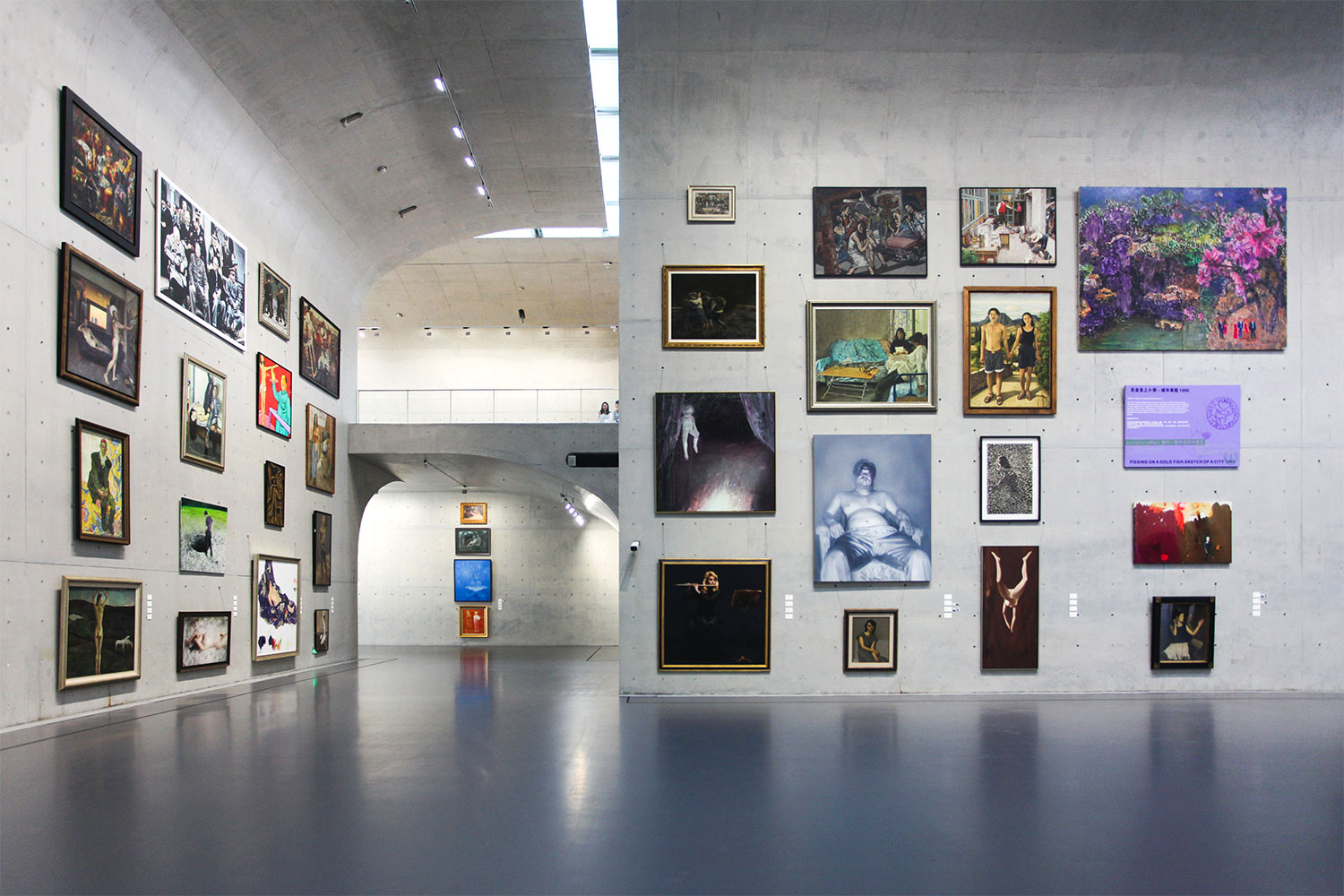The title of Tamás Kaszás’s project “The trench is not in fact as deep as the engineer calculated” comes from a poem by Lajos Kassák published in the Book of Cleanliness (1926).
Kassák is the only heavyweight Hungarian avant-gardist who came home after a very promising international carrier in the 1920s. He was skeptical and utopian at the same time, a revolutionary intellectual banned by both totalitarian regimes in Hungary.
After his death, in 1976, a museum in Budapest was built and dedicated to his memory, and this is indeed the site of Kaszás’s reflections on Kassák. In fact, the aforementioned title recalls the misfortune of this avant-gardist social engineer and his famous “kiosk plan.” Published in the legendary German art journal Der Sturm, The Kiosk (ca. 1924) is a constructivist newsstand supplemented by red, blue and ochre billboards. A so-called Bildarchitektur, it was born in the heyday of Soviet propaganda art, providing a chance for socially engaged advertising — before the collapse of this ideology.
A young artist devoted to ecology, Kaszás erected a monumental version of The Kiosk made of recycled wooden plates and displayed it in the garden of Kassák Museum (the first version was displayed at the festival “Utopien vermeiden?” in Halle in 2013.) While the monument becomes eroded by rain and humidity, inside the museum building visitors can find publications and small replicas of the original kiosk.
These are made by model designers — back then as well as now — or redesigned as new artworks: fictional grave memorials and even Lego toy constructions. The versatility of the kiosk speaks about the multiplicity of possibilities brought about by utopian ideas. Kaszás’s most impressive installation in the exhibition, entitled Diorama of the Kiosk Village (2013–2014), links the kiosk to a possible Mad Max-like future. In this piece — similar to his piece Shanty Tower (2014) exhibited at the last Sydney Biennial — small-scale models evoke the modernist favela era.
Although the installations are appealing and the favela aesthetic is smart, Kaszás is cruelly honest and does not care about appearance; he is concerned about human transformation of the planet, letting the issue punch you unmercifully.




